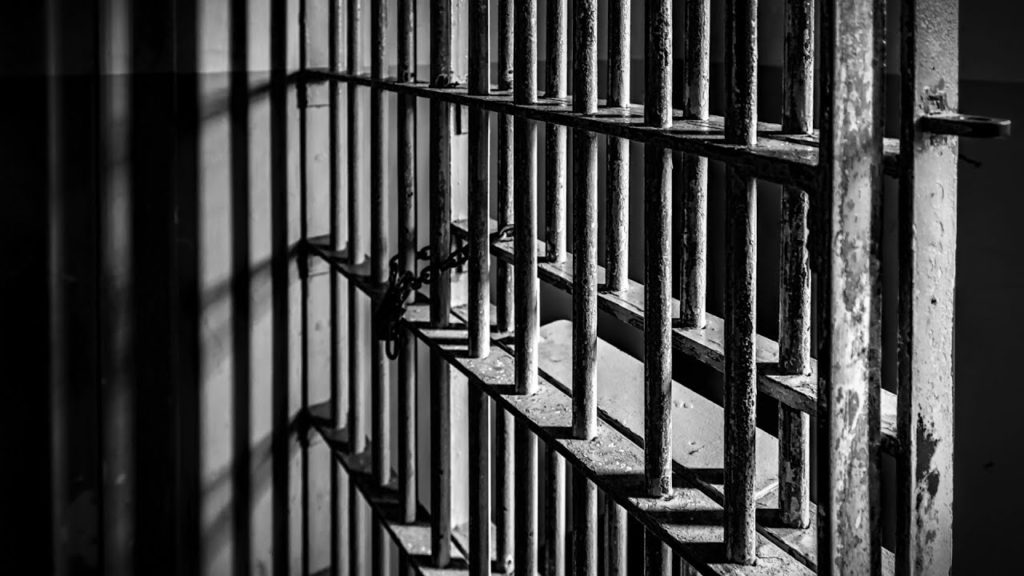The parents of the seven teenagers who spent the night at a police station after their lockdown party was busted are furious about the treatment they say their children endured.
“We are heading straight for a police state,” said Patrick P., a parent who provided only a first name and initial in an interview with HLN. “As parents, we cannot accept it. We are therefore considering filing a complaint with the Commission for Children’s Rights.”
He said that all the parents knew their 14-year-old children were planning to have a gathering in violation of the current coronavirus measures, and that they knew the gathering would take place at the home of a girl whose parents would not be present.
“My son told me there were only four at the house, but three more friends arrived at the last minute. There were therefore seven in total. Yes, they were in violation. All parents admit it. But we can't talk about a ‘lockdown party.’ At most they drank a beer and a Bacardi Breezer.”
Related News
The parents say that neighbors did not notify the police, and that they aren’t sure who did.
The juvenile judge in Antwerp insists that police followed all the correct protocols in dealing with the illegal gathering, and hope that the punishment of community service and house arrest during the evenings will serve as a signal to all the young people who do follow the law that they take offenses like this seriously.
“We are not doing this for no reason,” Kristof Aerts of the Antwerp prosecutor's office told HLN. “These young people put themselves in danger, and it was a party organized in advance. We cannot condone this situation and we are taking strict action.”
But the parents say that the overnight stay in the police station was deeply traumatizing for their children.
“Our children claim that they heard older prisoners screaming and making noise when they knocked on their cell door. Some cried for hours after their release. Such detention is outrageous for 14-year-olds,” said Patrick P.
They also allege that the cells the children were placed in were dirty, and that they weren’t given adequate food or drink, or access to proper bathrooms.
Helen Lyons
The Brussels Times

